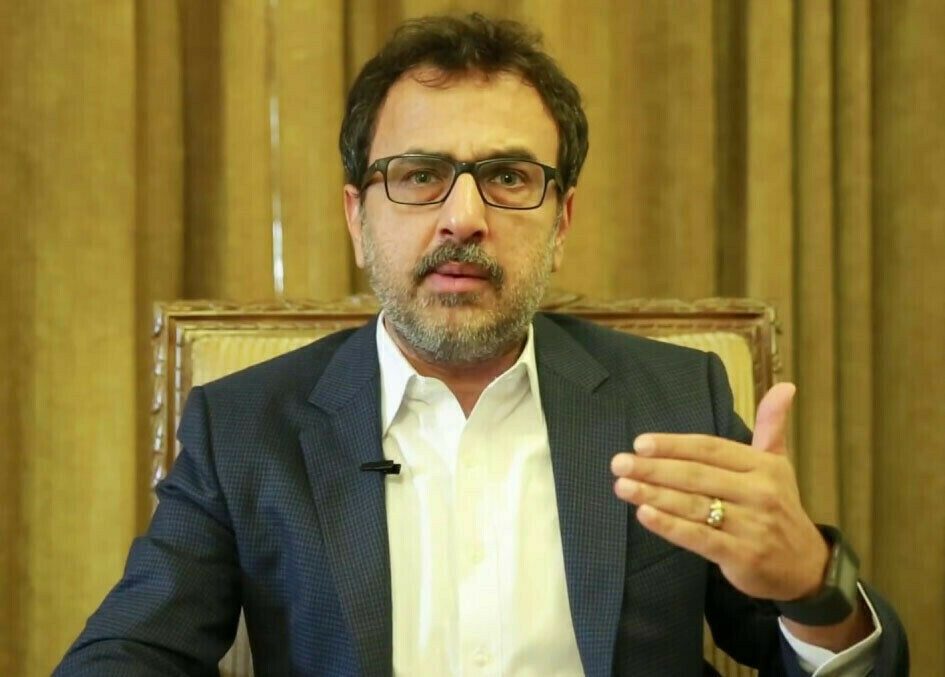Owais Laghari highlighted net metering’s appeal, noting users can recoup costs within three years by consuming just 40 percent of self-generated electricity

By our correspondent
ISLAMABAD: Federal Minister for Energy Owais Laghari has revealed that the government currently has an excess electricity capacity of 7,000 megawatts. Speaking at an advisory meeting of the Private Power and Infrastructure Board, he clarified that the government is not abolishing the net metering system but is considering reforms to make it more effective, transparent, and sustainable.
Laghari, who played a key role in introducing net metering back in 2017–18, said the current approach is under review with input from solar industry experts, federal and provincial officials, and other stakeholders. Addressing concerns from consumers and businesses, the minister assured that no harm would come to them and all decisions are being made with the country’s long-term energy stability in mind.
Owais Laghari explained that the payback period for net metering users is three years or less. For example, if a user consumes 40 percent of the electricity they generate, recovering the cost within three years is considered a viable commercial model. He also highlighted that the government has scrapped expensive and unnecessary projects totalling 9,000 megawatts. Captive power users were brought back to the national grid through levies, and since June 2024, cross-subsidies provided to industry have amounted to Rs174 billion.
It has resulted in a 31 percent reduction in industrial electricity rates and a notable increase in industrial consumption. Laghari noted that electricity prices have been reduced by 14 to 18 percent for various consumer categories. The government has renegotiated contracts with major independent power producers (IPPs), which helped lower tariffs. Importantly, long-term power projects now exclude those deemed unnecessary.
The minister confirmed that the current surplus electricity can be supplied to industry and agriculture at rates between 7 and 7.5 cents per unit, without subsidies. He added that the government has been in talks with the IMF for the past six months to approve a scheme aimed at balancing electricity supply and demand. The energy minister’s remarks suggest a focus on sustainable energy management, cost reductions, and ensuring a steady power supply to meet Pakistan’s growing needs.



